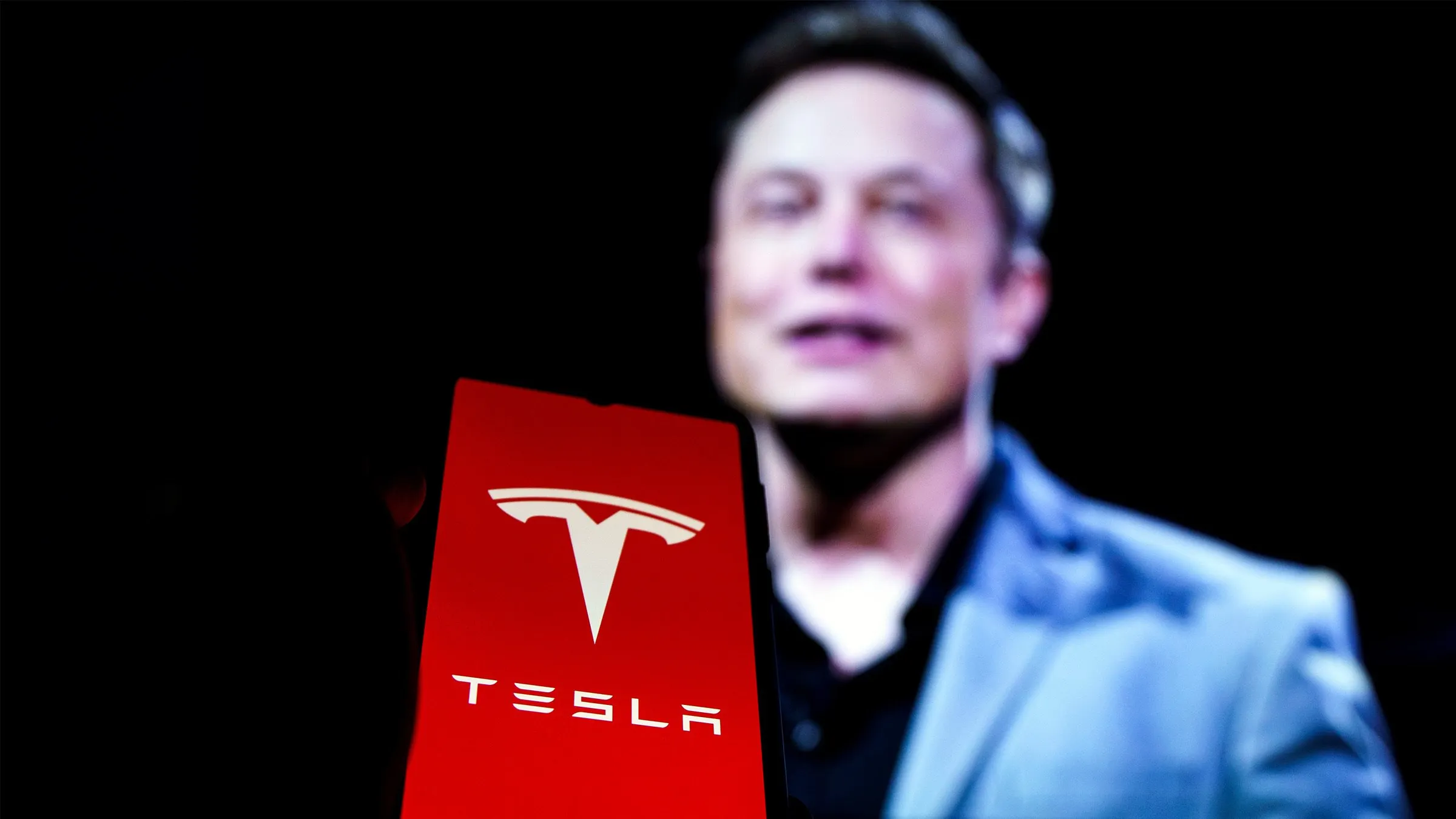As recovery and relief efforts ramp up in Los Angeles after a week of devastating fires, Tesla CEO Elon Musk said on Sunday that he is sending a fleet of Cybertrucks and Starlink terminals to Southern California.
Musk said the plan is to use the Cybertrucks to provide mobile Wi-Fi hotspots to areas without internet access.
On Tuesday, powerful winds caused several wildfires in Southern California to spread out of control across Los Angeles County. The hardest-hit areas included Pacific Palisades, which burned 23,713 acres, and Altadena, which burned 14,117 acres.
A Los Angeles Sheriff’s Department spokesperson told Decrypt the phone lines in the Altadena area are still down and calls are being rerouted.
“I was shocked,” they said when asked about the Cybertruck delivery. “I was told we received several Cybertrucks during our daily briefing.”
A response provided to Decrypt from the Sheriff's Information Bureau following publication revealed the LASD has indeed been provided six Cybertrucks to "assist the law enforcement in their continued efforts combatting the Eaton and Palisades Fires."
"These vehicles are being utilized to Power Altadena Station and the command post for the Search and Rescue team located in Altadena," a Sheriff's Information Bureau spokesperson said. "Additionally, numerous mobile Starlinks were provided to the Department which are assisting to boost mobile communications in areas where service is diminished."
On Sunday, Musk announced plans to position Cybertrucks equipped with Starlink terminals in a grid pattern, offering free Wi-Fi in the hardest-hit areas of the greater LA and Malibu regions.
“Apologies to those expecting Cybertruck deliveries in California over the next few days,” Musk wrote on X. “We need to use those trucks as mobile base stations to provide power to Starlink Internet terminals in areas of LA without connectivity.”
This is not the first time Musk has mobilized Tesla’s resources after a natural disaster. In September, he sent Starlink terminals to Asheville, North Carolina, after Hurricane Helene devastated the region.
In a follow-up post, Tesla said it would provide housing accommodations for employees impacted by the fires. The company also plans to deploy Tesla Superchargers, Megapack Chargers, and Mobile Powerwall Units to support emergency services and public recovery efforts.
Tesla also sent seven Cybertrucks with Starlinks for power and internet access to Los Angeles Sheriff's Department offices in Altadena, Pasadena, and Malibu. Musk and Tesla did not specify where the Cybertrucks would be located in the cities or who would have access to their WiFi.
While Tesla cars and Cybertrucks can project a WiFi signal, the company has not disclosed how far the signal would reach and how strong the signal is. However, the company says users can stream videos from Netflix and YouTube.
According to Tesla, a single Starlink terminal can reach a range of up to 3,200 feet and support up to 235 devices. Thus, the eight Starlink-equipped Cybertrucks could connect around 1,800 devices.
Musk said Cybertruck owners who want to join the support effort can lend their Wi-Fi to affected areas.
“Ride around in your truck in the devastated areas with a Starlink terminal on the roof and open WiFi,” Musk wrote on Twitter.
While Musk’s political views have drawn criticism from some in California, he emphasized that his relief efforts were aimed at aiding the affected communities, regardless of public opinion.
“That is true of some people in California, and the press will, of course, accuse me of grandstanding,” he said. “But, if this helps save even one house or maybe even someone’s life, we should still do it.”
Tesla did not immediately respond to requests for comments by Decrypt.
Edited by Sebastian Sinclair
Editor's note: Adds response from the Sheriff's Information Bureau
Daily Debrief Newsletter
Start every day with the top news stories right now, plus original features, a podcast, videos and more.

